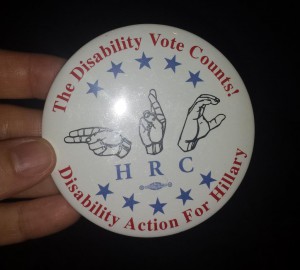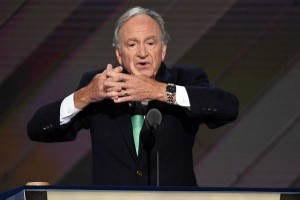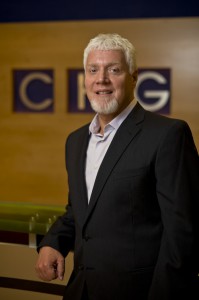
Washington, Sept. 28 – RespectAbility, a nonprofit organization working to empower people with disabilities to achieve the American dream, has asked gubernatorial candidates on both sides of the aisle to fill out a questionnaire on disability issues. Mike Weinholtz, a Democrat challenging incumbent Gov. Gary Herbert to be the next governor of Utah, responded to the #PwDsVote Disability Campaign Questionnaire for Senate and Gubernatorial Candidates for people with disabilities.
RespectAbility is nonpartisan and does not endorse candidates. The questionnaire is purely for educational purposes.
42.5 percent of Utah’s more than 135,000 working-age people with disabilities are employed. While this number is higher than the national average, this lack of opportunity creates poverty, powerlessness and even can increase the likelihood of developing a mental health condition. Polls and studies show that people with disabilities want the opportunity to have the dignity and independence that jobs provide.
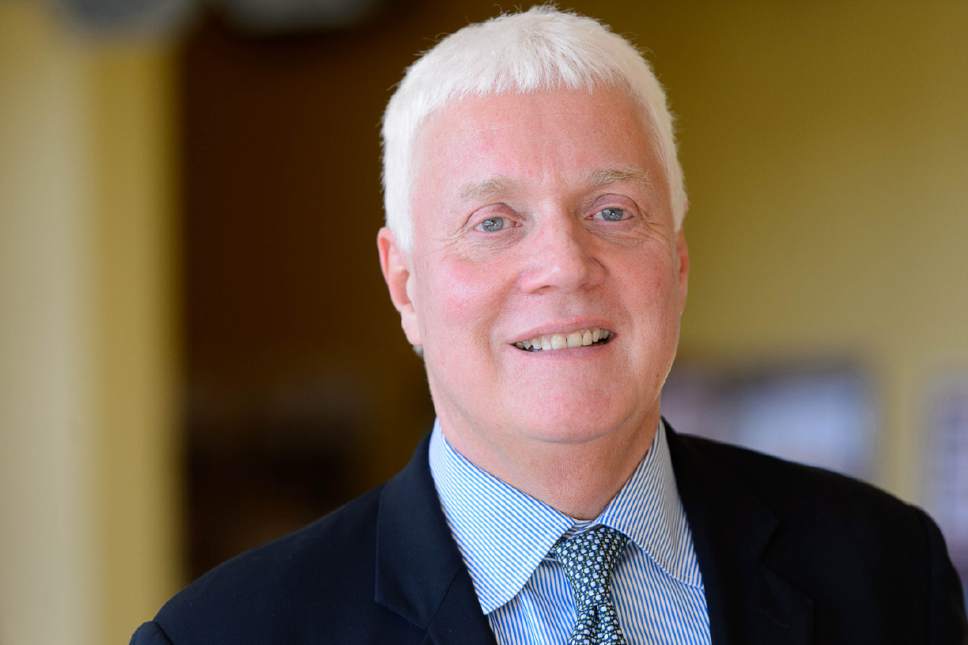
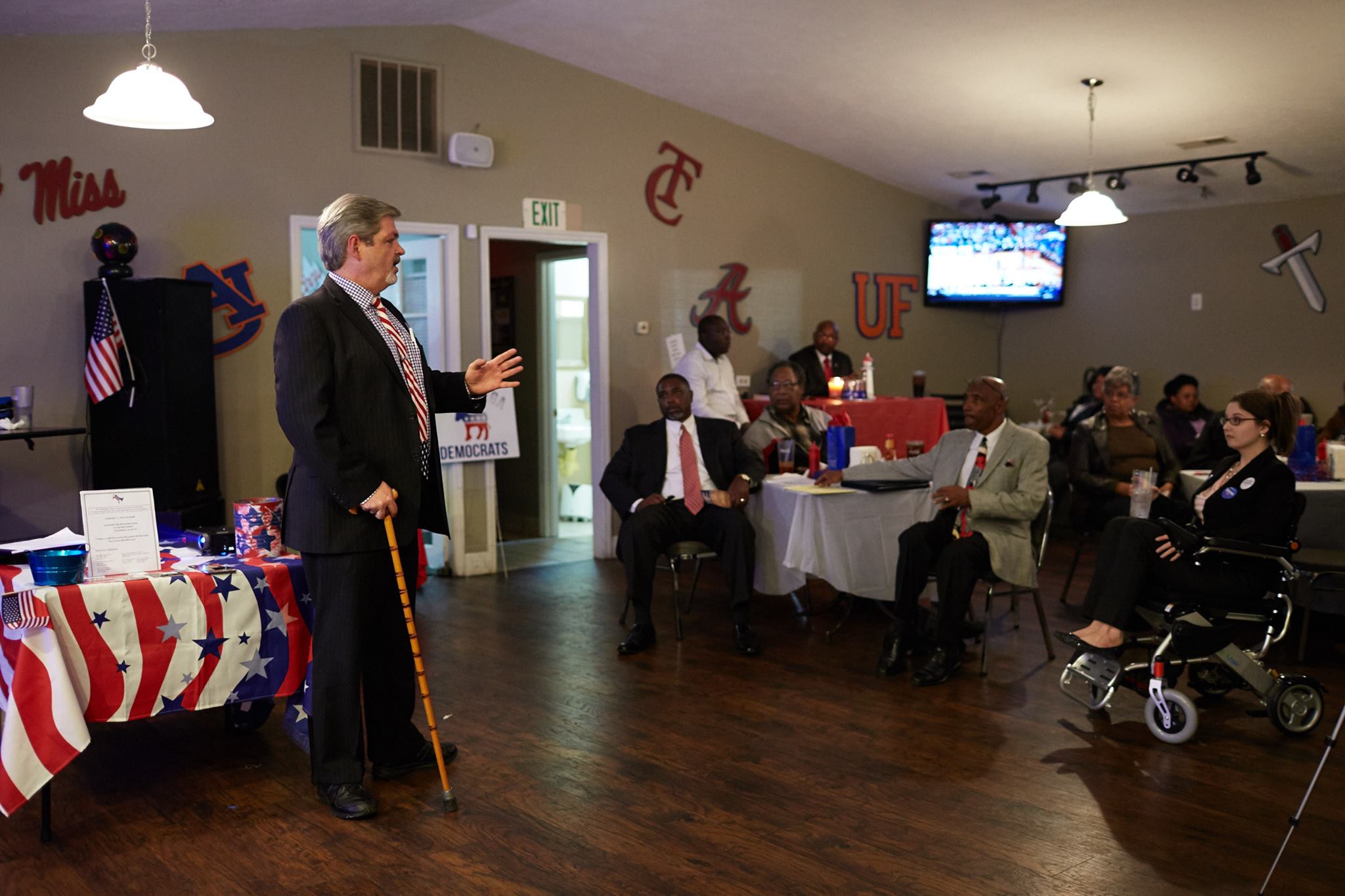
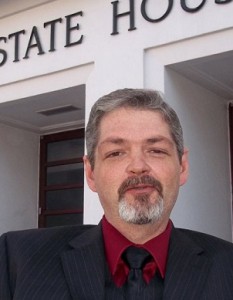
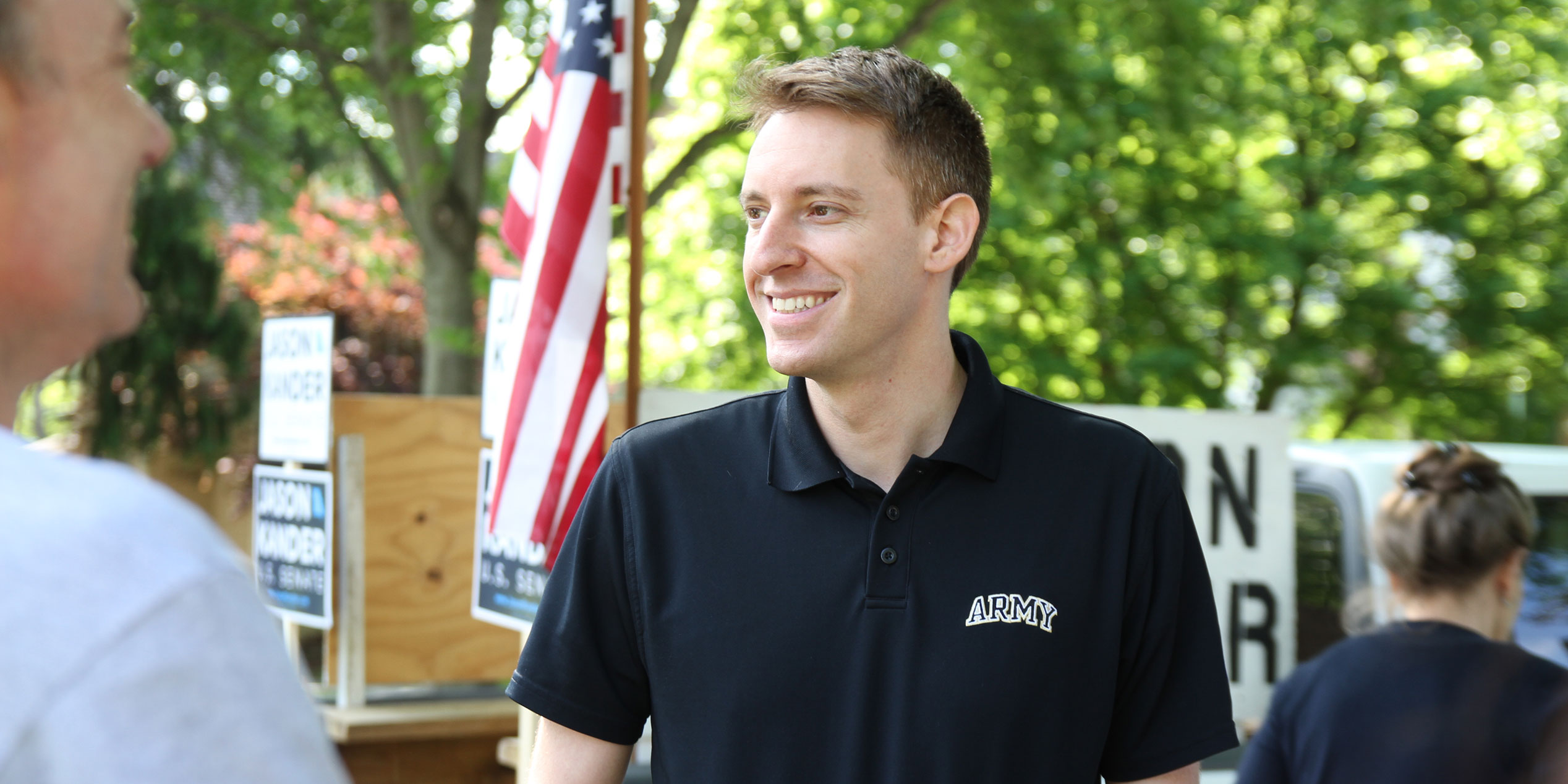

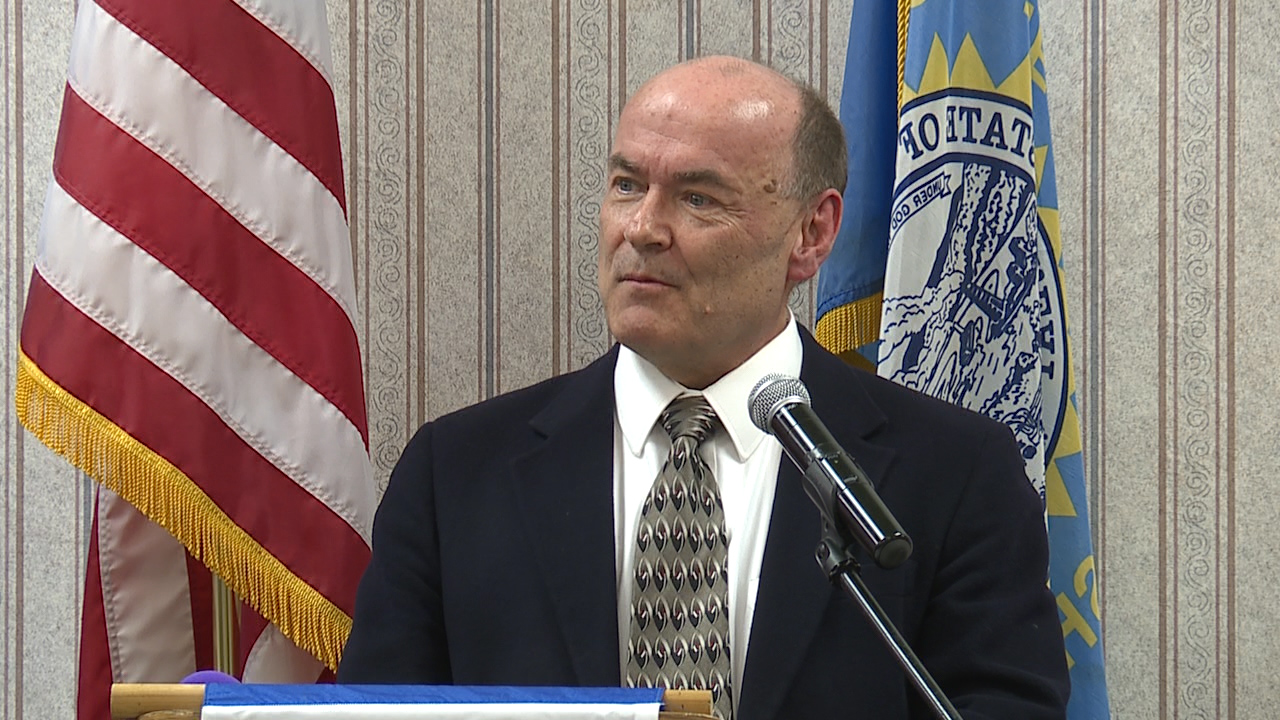
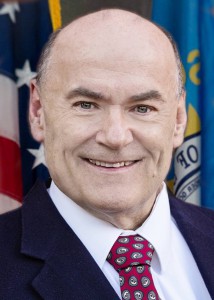

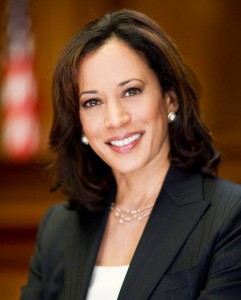
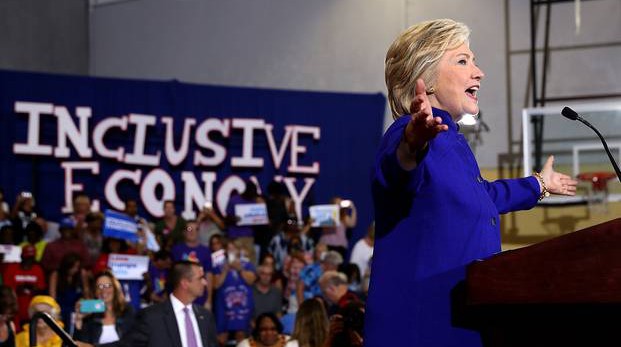

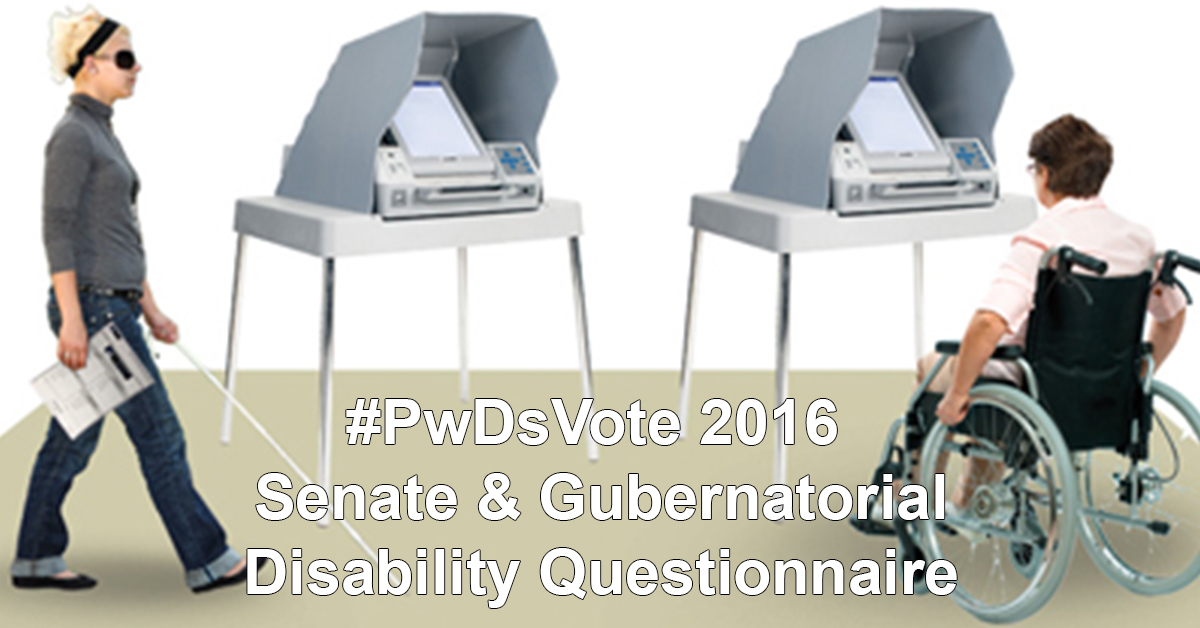
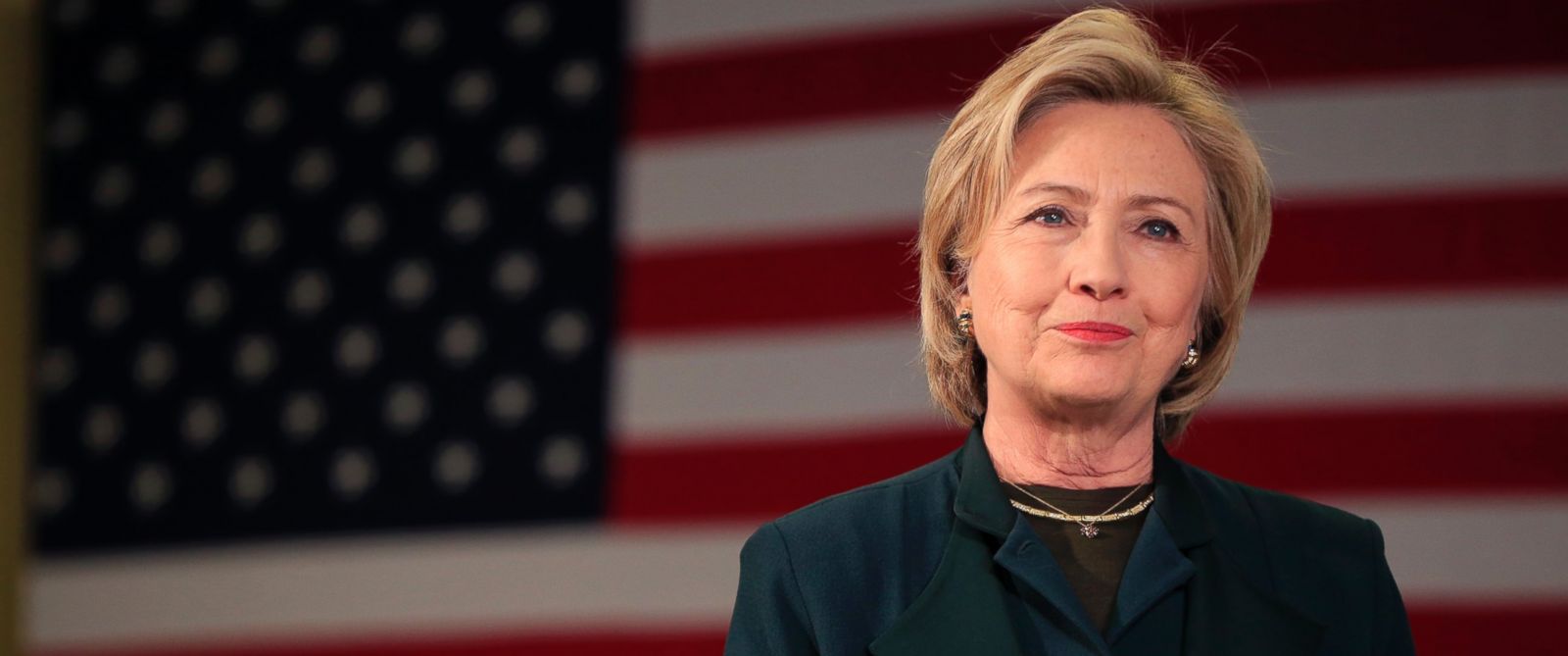


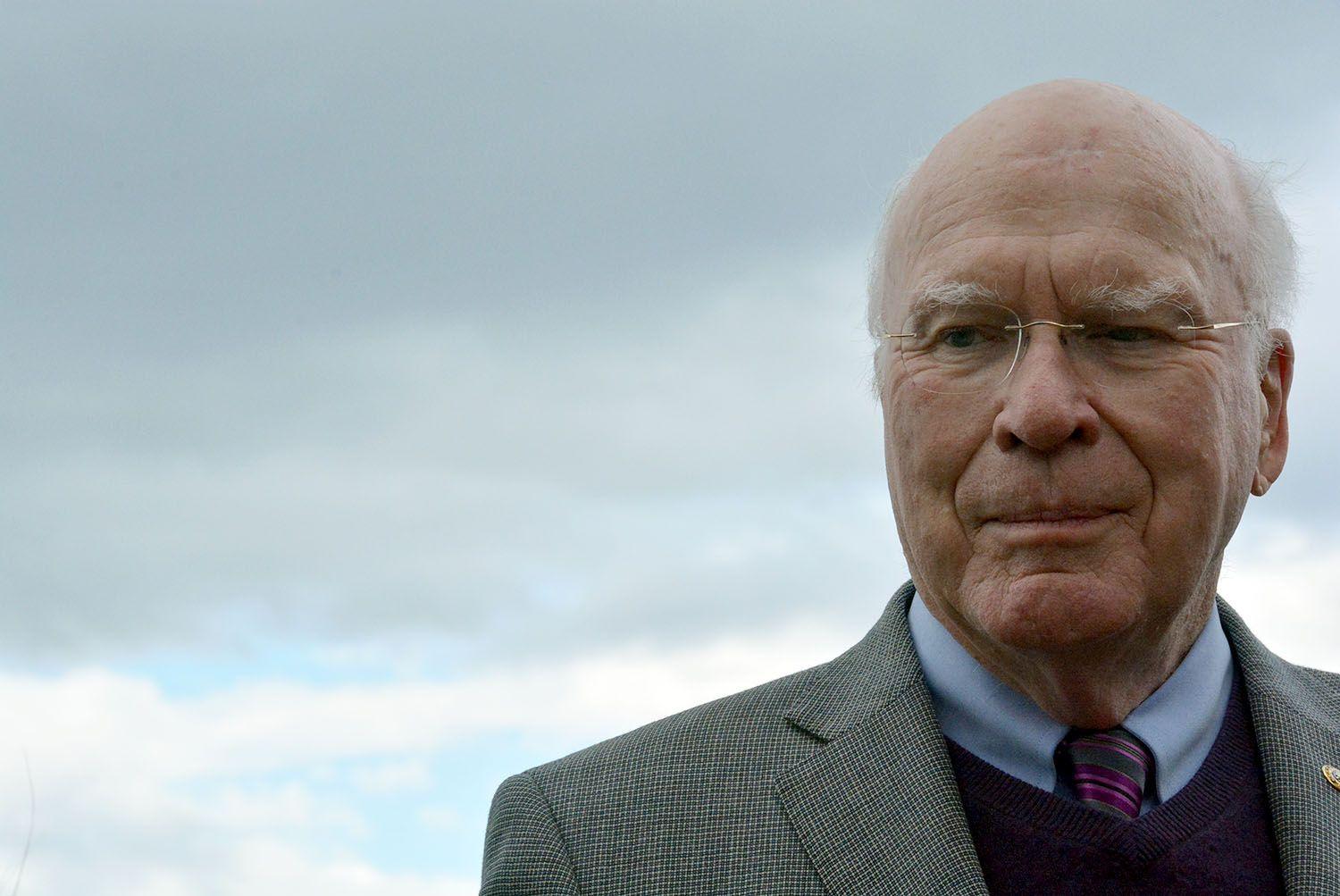
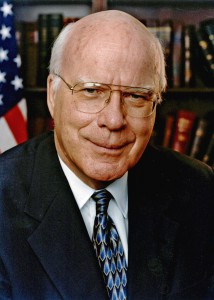

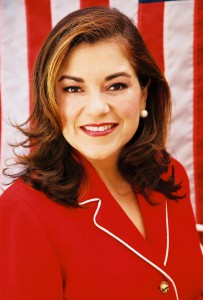
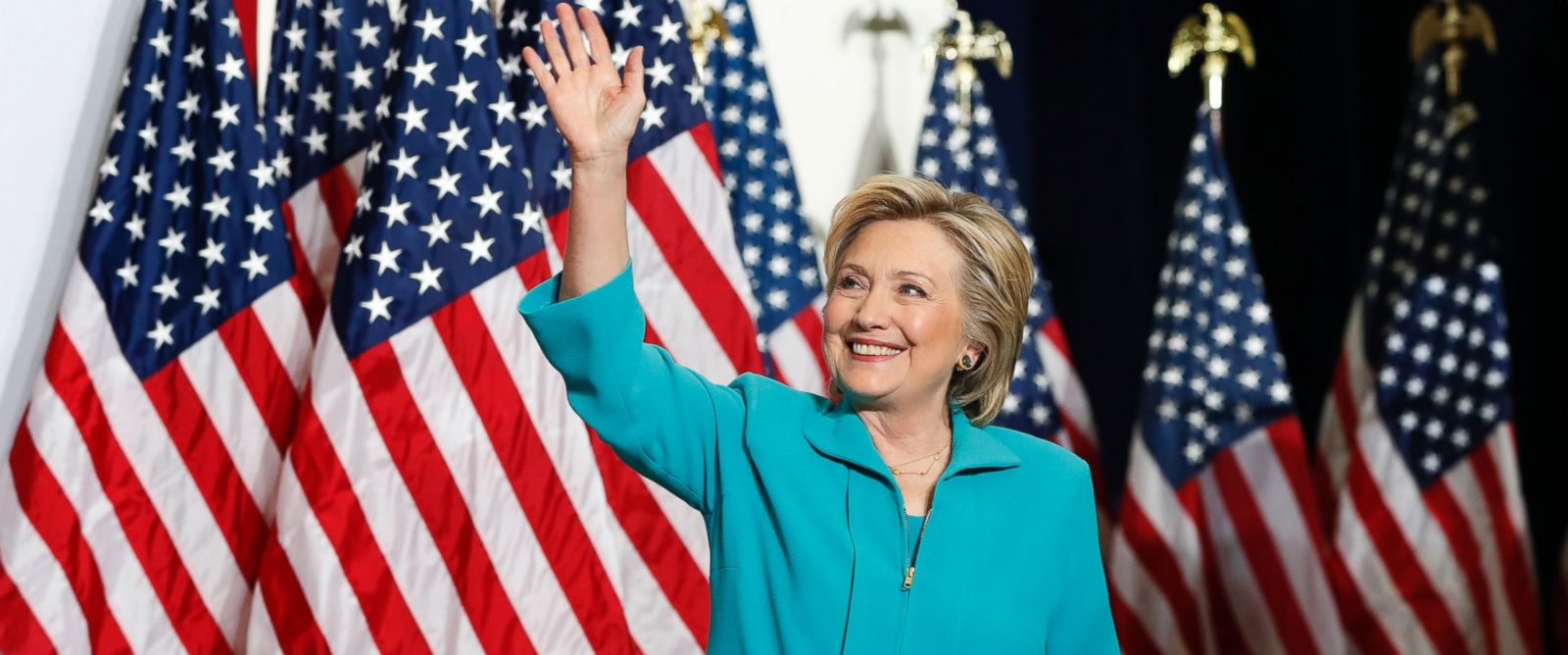
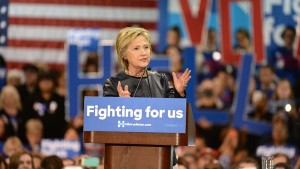 Washington, Sept. 9 – Last week Democratic nominee Hillary Clinton released a
Washington, Sept. 9 – Last week Democratic nominee Hillary Clinton released a 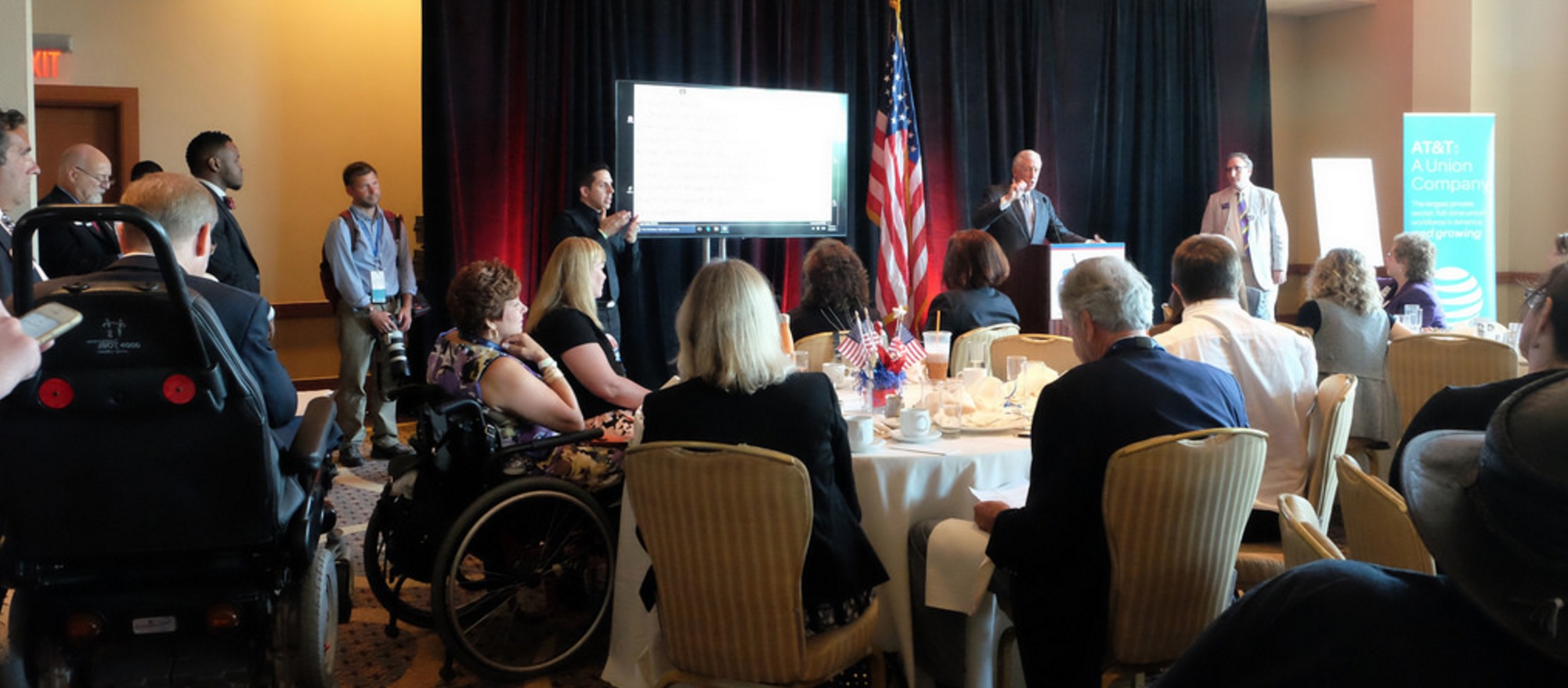
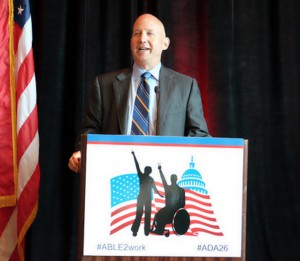
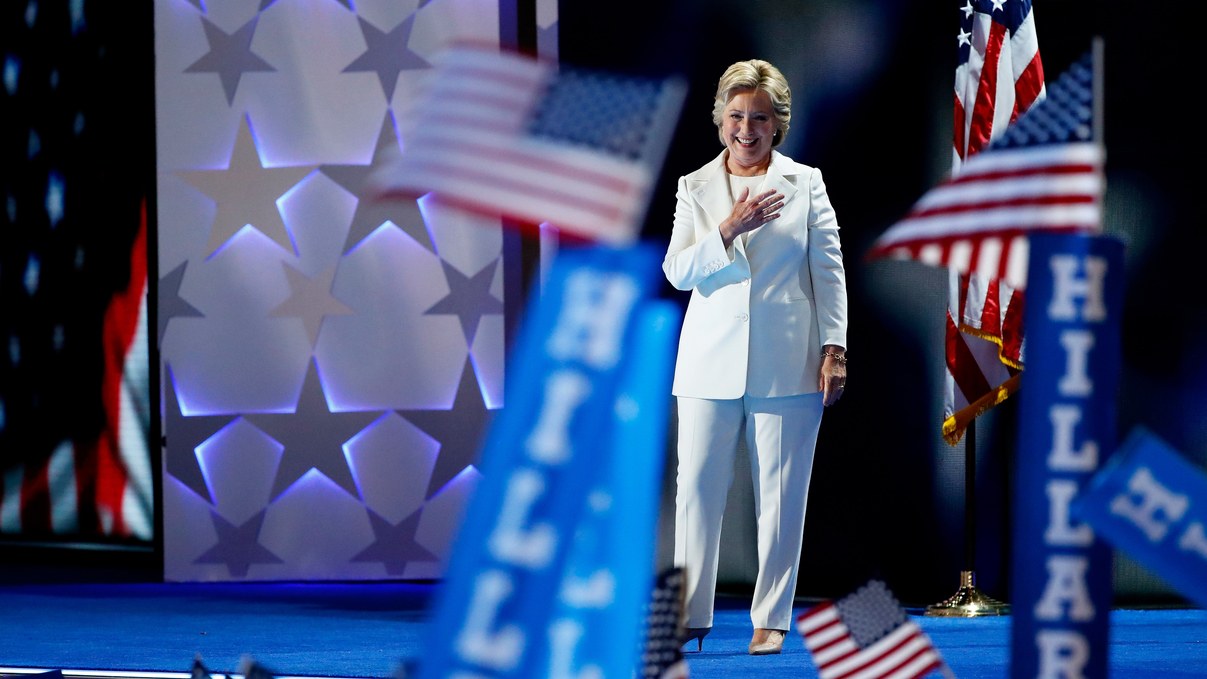
 Philadelphia, July 30 — When Hillary Clinton took to the stage the final night of the Democratic National Convention, several disability activists had one question – will she include people with disabilities in a meaningful way in her speech?
Philadelphia, July 30 — When Hillary Clinton took to the stage the final night of the Democratic National Convention, several disability activists had one question – will she include people with disabilities in a meaningful way in her speech?
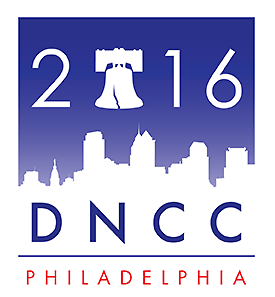 Philadelphia, July 29 – As the Democratic National Convention comes to a close, the disability community is celebrating a victory in the
Philadelphia, July 29 – As the Democratic National Convention comes to a close, the disability community is celebrating a victory in the 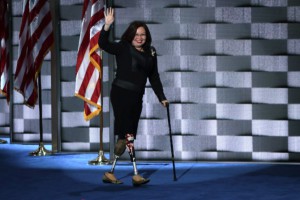
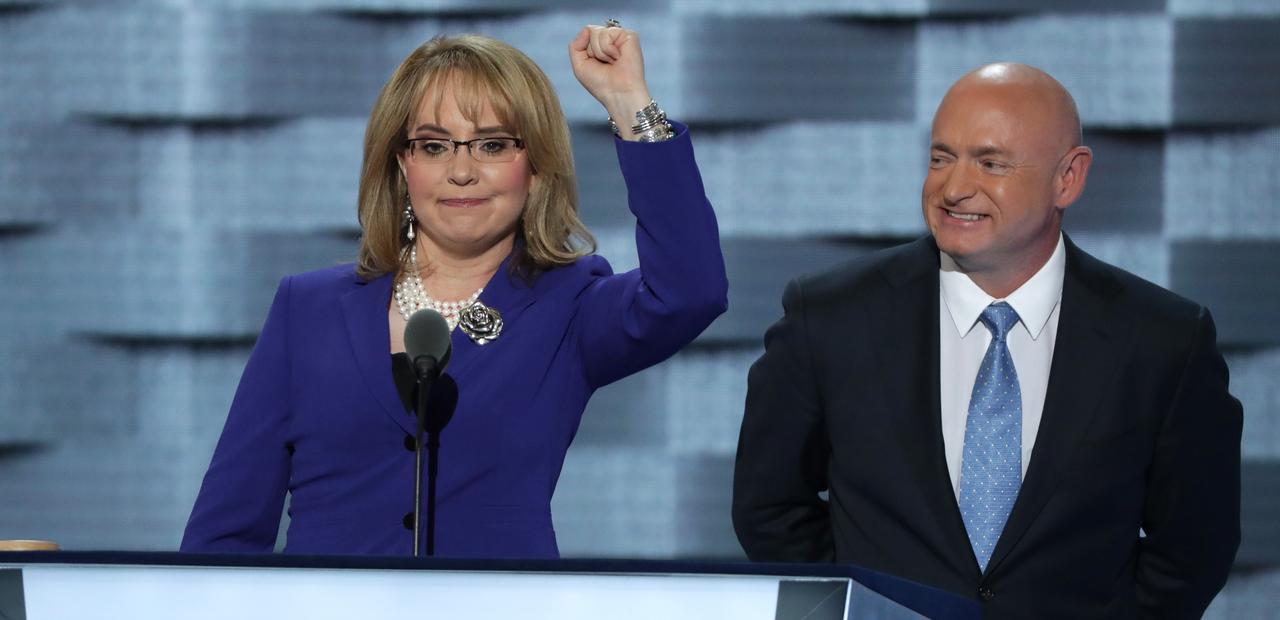
 Philadelphia, July 28 – When Gabrielle Giffords took the stage with her husband, Mark Kelly, they electrified the audience.
Philadelphia, July 28 – When Gabrielle Giffords took the stage with her husband, Mark Kelly, they electrified the audience.